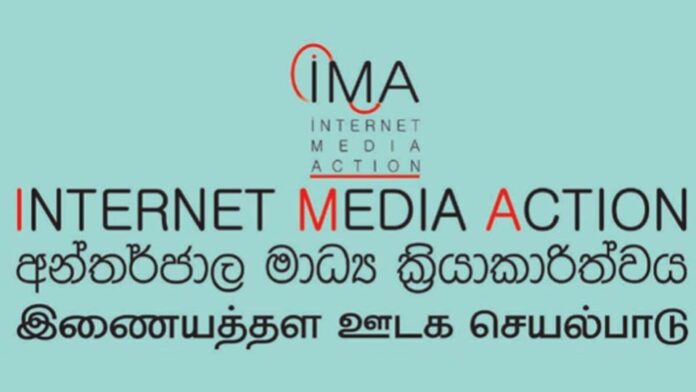02 October 2023 (Internet Media Action): The draft for the proposed Online Safety Act in Sri Lanka, unveiled recently, is one we strongly condemn for several reasons, including its overreaching, and unclear provisions which present a grim outlook for online freedoms, and democratic discourse in Sri Lanka. Despite its portrayal as a means to safeguard individuals, particularly children, from online harm, we believe the draft is a draconian measure which aims to stifle dissent, and exercise authoritarian control over online content, and commentary.
The draft’s provisions are overbroad by design and in some parts, indecipherably misguided, leading to potential misuse under vague legal cover to suppress dissent which is inconvenient to Executive, and autocratic rule. Our concerns extend to how the draft law will build on Sri Lanka’s existing surveillance state framework, normalising pervasive, and invasive captures of private or privileged communications. Rather than fostering a nuanced discussion on online safety, the absence of meaningful consultations or corrective measures to address a climate already marred by impunity, violence, and surveillance, only serves to highlight the unfeasibility of the goals set forth by this legislation.
The draft reveals a fundamental misunderstanding of enforcement dynamics. For instance, expecting global, and leading social media firms to comply with arbitrary directives that could potentially implicate them in human rights violations is unrealistic, at best. The draft does little to address the real harms arising from coordinated inauthentic behaviours (CIB), which have been trialled, and perfected in Sri Lanka since 2013 – and for the most part, serving those in power. The draft’s language highlights a complete ignorance around the technical, and contextual understanding necessary to tackle complex CIB dynamics, which are also changing at pace. Relatedly, the draft also fails to address influence operations, particularly from China, which have been studied to have a significant imprint on Sri Lanka’s digital discourse.
Furthermore, experts have drawn worrying comparisons drawn between Sri Lanka’s draft law, and Singapore’s Protection from Online Falsehoods and Manipulation Act (POFMA), pointing out the unsuitability of transplanting legislation without considering the vastly differing political, technological, and social contexts between the two nations. What critics have found problematic in the context of Singapore, we argue, will be completely catastrophic for human rights in Sri Lanka, already defined by a democratic deficit growing at pace.
The legislation, as proposed, is a serious threat to journalists, satirists, digital creators, and all citizens expressing dissent. If passed in its current form, this law will invariably become a tool for state-sanctioned suppression of dissent. We unequivocally reject the draft, and believe it is irredeemably flawed. As always, we advocate for a more balanced, grounded, meaningful, transparent, and inclusive approach to addressing online safety, upholding first principles, to more fully realise Sri Lanka’s democratic potential.
Sampath Samarakoon
Convener
Internet Media Action

